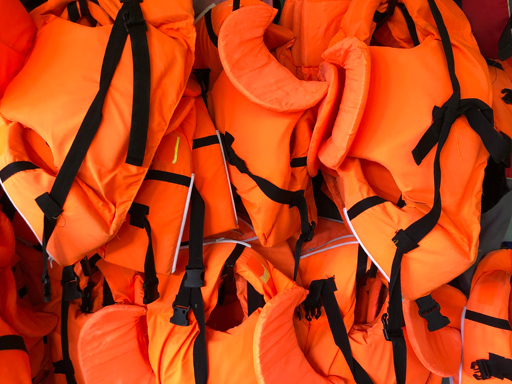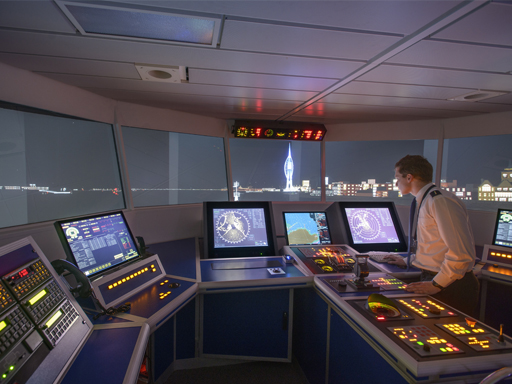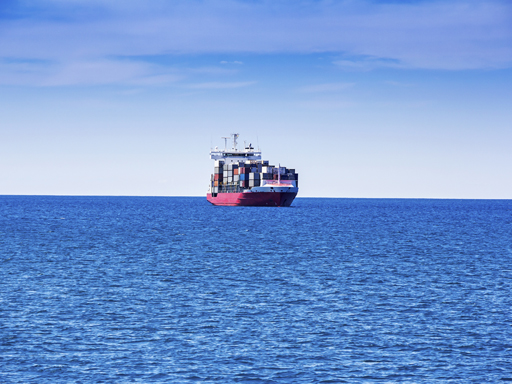IPA III - Safety

Safety of ships is primarily regulated by international conventions adopted mainly under the auspices of the International Maritime Organization (IMO). While shipowners are responsible for keeping ships in compliance with international maritime standards, Flag States are the first line of defence against substandard shipping.
When acceding to such legal instruments and when implementing the EU acquis, States assume the primary responsibility of having in place an adequate and effective system to exercise control over ships entitled to fly their flag to ensure that they comply with relevant international rules and regulations. This is commonly referred to as Flag State Implementation (FSI) and is a function which normally falls under the remit of national maritime authorities. While shipowners are in charge of keeping ships in compliance with the international maritime standards, Flag States are the first line of defence against substandard shipping.
In line with the above considerations, safety was identified as another key component of the IPA III project. With technical assistance, access to tools, and training, the project seeks to assist beneficiary countries with key safety-related challenges, thus contributing to a more robust maritime safety culture across the entire Black and Mediterranean Sea area.
To facilitate improved capacity at beneficiary level to discharge obligations stemming from the international conventions and the EU maritime legislation through appropriate implementation, the IPA III project covers the following activities:
- support to transpose the EU maritime safety legislation and international conventions (when needed) into the beneficiaries’ national legislation;
- support to implement the EU maritime safety legislation, including the support to prepare implementing procedures;
- support to preparation and follow-up of IMSAS (IMO Members States Audit Scheme) including support to draft and/or revise maritime strategies;
- enhancement of Flag State performance, including support to development/implementation of Quality Management Systems for maritime administrations;
- provision of training to the staff of the beneficiaries’ maritime administrations
- continued and enhanced provision of tools (RuleCheck and MaKCs).
IPA III - Safety Actions
05.02.2026
23.11.2025
16.10.2025






